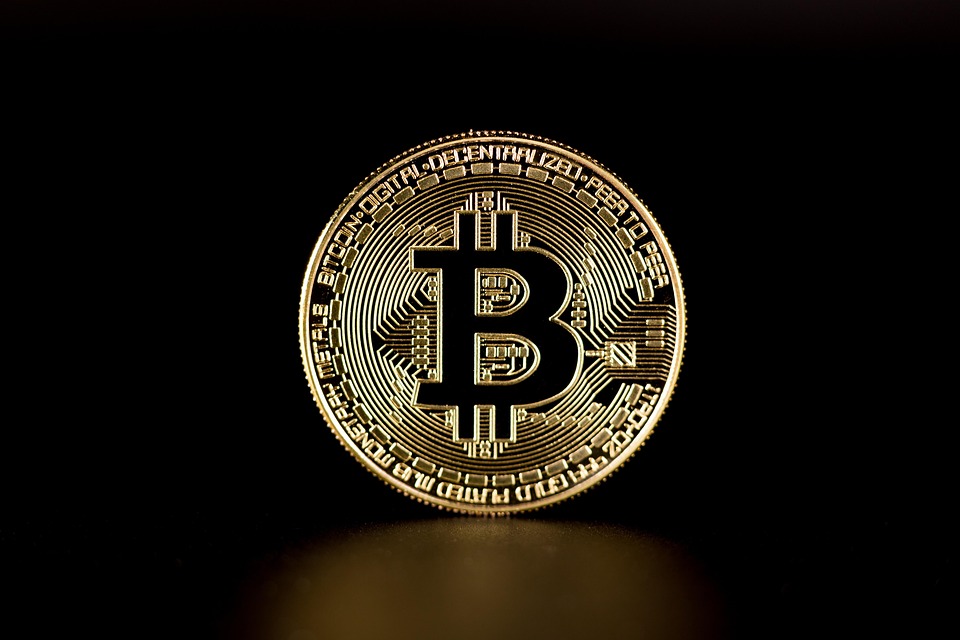[ad_1]
The world of cryptocurrency is vast and constantly evolving. With the proliferation of digital currencies and blockchain technology, more people are looking to invest in or trade cryptocurrencies. Central to this process are cryptocurrency exchanges—the platforms where users can buy, sell, and trade cryptocurrencies. This guide will explore some of the top exchanges, helping you navigate the crypto landscape effectively.
Understanding Cryptocurrency Exchanges
Before diving into specific exchanges, it’s crucial to understand the two main types of exchanges:
- Centralized Exchanges (CEX): These are platforms operated by companies that facilitate trading. They serve as intermediaries and usually have a user-friendly interface. Examples include Coinbase, Binance, and Kraken.
- Decentralized Exchanges (DEX): These platforms operate without a central authority, allowing peer-to-peer trading. They are often regarded for privacy and security, with examples including Uniswap and PancakeSwap.
Top Centralized Exchanges
1. Coinbase
Coinbase is one of the most popular cryptocurrency exchanges, especially among beginners. Its user-friendly interface and comprehensive educational resources make it an attractive choice for newcomers.
Key Features:
- Simple user interface
- Wide variety of cryptocurrencies
- Advanced trading platform (Coinbase Pro)
- High-security standards
2. Binance
Binance is renowned for its extensive range of cryptocurrencies and advanced trading features. It’s suitable for both novice and experienced traders.
Key Features:
- Low trading fees
- Advanced charting tools
- Wide range of fiat currencies supported
- Staking and savings options available
3. Kraken
Kraken is well-known for security and regulatory compliance. It offers a variety of cryptocurrencies and has advanced trading features for experienced users.
Key Features:
- High liquidity
- Margin trading available
- Competitive fees
- Robust security measures
Top Decentralized Exchanges
1. Uniswap
Uniswap is a leading decentralized exchange that allows users to swap ERC-20 tokens without the need for a central authority.
Key Features:
- Automated market-making (AMM)
- No registration required
- Liquidity pools for earning rewards
- Highly secure due to smart contract technology
2. PancakeSwap
PancakeSwap is similar to Uniswap but operates on the Binance Smart Chain (BSC). It’s known for low transaction fees and fast swaps.
Key Features:
- Low fees compared to Ethereum-based exchanges
- Yield farming and staking options
- User-friendly interface
- Engaging community and frequent updates
Choosing the Right Exchange
Selecting the appropriate exchange depends on several factors:
- Security: Always prioritize security features such as two-factor authentication (2FA) and cold storage options.
- Fees: Be aware of trading fees, deposit fees, and withdrawal fees.
- Liquidity: Higher liquidity usually results in better prices and faster transactions.
- Support: Look for exchanges that provide excellent customer service and have a good reputation.
Conclusion
Navigating the cryptocurrency landscape can be overwhelming, but understanding the function and features of different exchanges can help simplify the process. Whether you choose a centralized exchange for its ease of use or a decentralized exchange for its autonomy and security, make sure to conduct thorough research. By doing so, you’ll be better equipped to make informed decisions in your crypto trading journey.
FAQs
1. Are cryptocurrency exchanges safe?
While many exchanges implement robust security measures, no platform is completely immune to hacks. Always research the security features of an exchange and consider using hardware wallets for added security.
2. What is the difference between a centralized and decentralized exchange?
Centralized exchanges facilitate trades through an intermediary and require users to trust the platform. Decentralized exchanges allow peer-to-peer trading without intermediaries, offering greater privacy and control over funds.
3. How do I choose the best exchange for beginners?
For beginners, it’s advisable to choose exchanges with a user-friendly interface, strong security, customer support, and extensive educational resources. Coinbase often comes recommended for its ease of use.
4. Can I trade cryptocurrencies on my mobile device?
Yes! Most major exchanges have mobile apps that allow you to trade cryptocurrencies on the go. Just ensure that you download apps from official sources to avoid phishing scams.
5. What are trading fees, and why do they matter?
Trading fees are charges incurred when buying or selling an asset on an exchange. They can significantly impact profits, especially for frequent traders, so it’s essential to be aware of them while choosing an exchange.
[ad_2]
